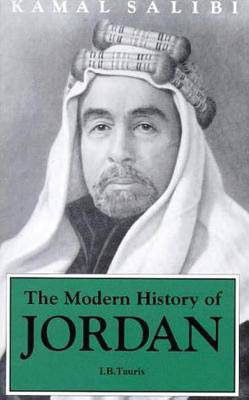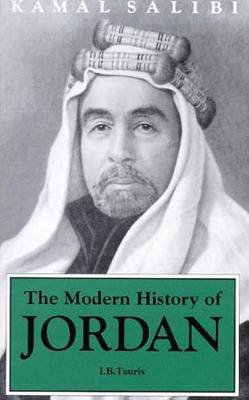
Door een staking bij bpost kan je online bestelling op dit moment iets langer onderweg zijn dan voorzien. Dringend iets nodig? Onze winkels ontvangen jou met open armen!
- Afhalen na 1 uur in een winkel met voorraad
- Gratis thuislevering in België vanaf € 30
- Ruim aanbod met 7 miljoen producten
Door een staking bij bpost kan je online bestelling op dit moment iets langer onderweg zijn dan voorzien. Dringend iets nodig? Onze winkels ontvangen jou met open armen!
- Afhalen na 1 uur in een winkel met voorraad
- Gratis thuislevering in België vanaf € 30
- Ruim aanbod met 7 miljoen producten
Zoeken
Omschrijving
Few states in the modern world have had a less promising birth than Jordan. When in 1921 the Hashemite Emir Abdallah was recognized as the ruler of this romantic backwater of the former Ottoman Empire, it was sparsely populated, extremely poor, and widely regarded as ungovernable. Today against all the odds, Jordan has become one of the most prosperous and stable of Middle Eastern countries and a major player in the region's politics. In this political history, Kamal Salibi attempts to explain how this transformation was achieved. The book traces the story of modern Jordan from its origins in the Arab revolt at the end of World War I and the political success of the astute and colourful founder of its ruling dynasty. It includes a detailed examination of the far-reaching implications for Jordan of the Palestinian tragedy and a constantly tense relationship with neighbouring Israel and it shows how King Hussein, the longest surviving ruler in the contemporary Middle East, has guided the country through these difficult times to introduce democracy in 1988.
Specificaties
Betrokkenen
- Auteur(s):
- Uitgeverij:
Inhoud
- Aantal bladzijden:
- 304
- Taal:
- Engels
Eigenschappen
- Productcode (EAN):
- 9781860643316
- Verschijningsdatum:
- 31/12/1998
- Uitvoering:
- Paperback
- Formaat:
- Trade paperback (VS)
- Afmetingen:
- 139 mm x 217 mm
- Gewicht:
- 362 g

Alleen bij Standaard Boekhandel
+ 74 punten op je klantenkaart van Standaard Boekhandel
Beoordelingen
We publiceren alleen reviews die voldoen aan de voorwaarden voor reviews. Bekijk onze voorwaarden voor reviews.











